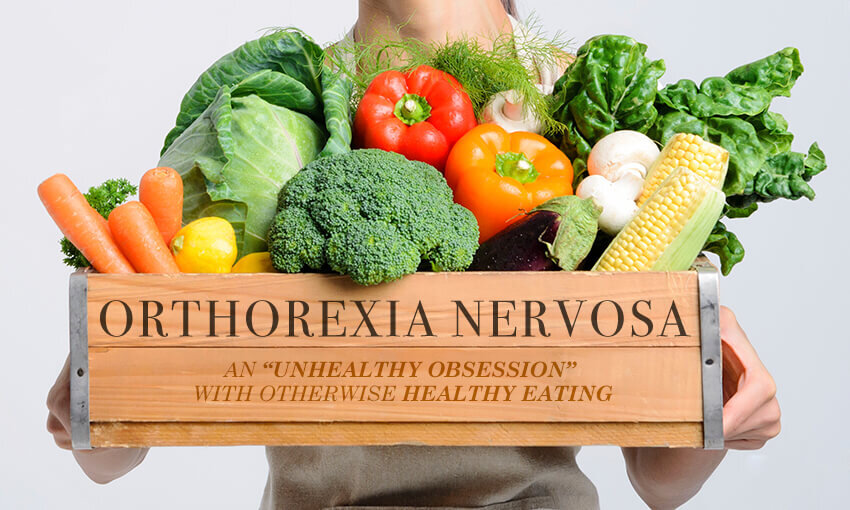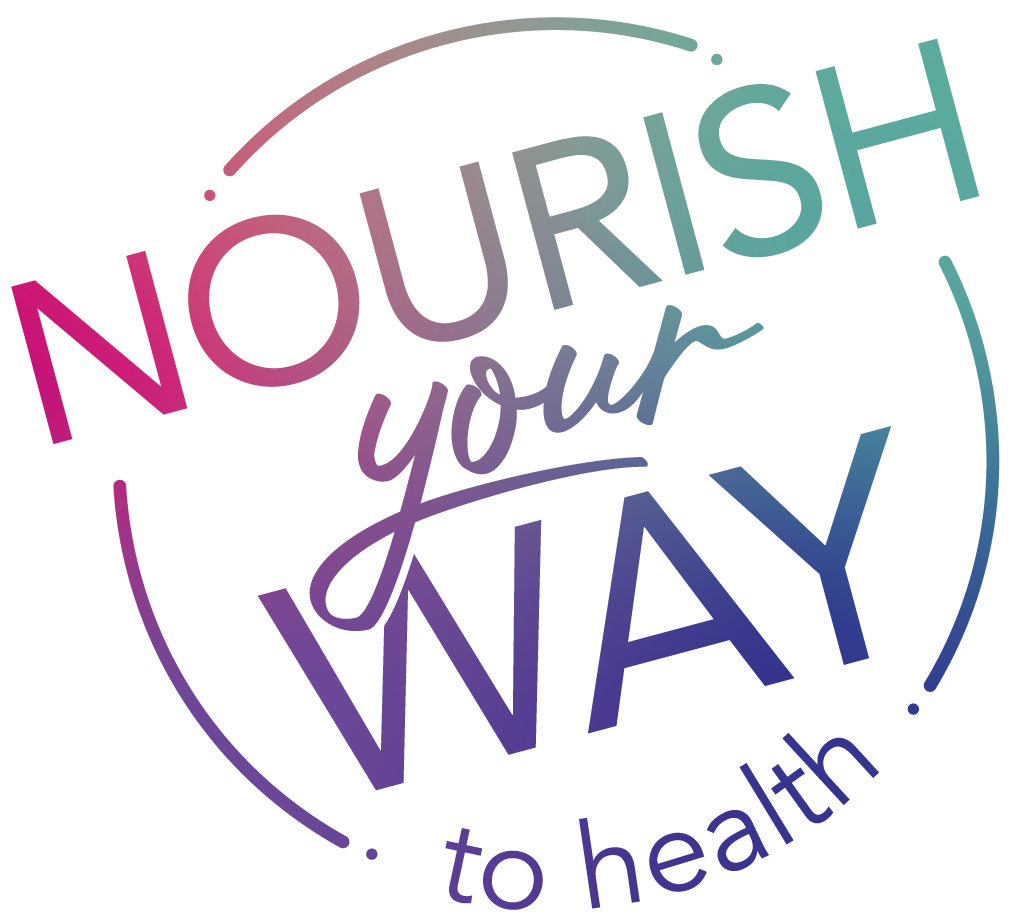
When Clean Eating is a Problem
A couple of years after I healed all of my MS symptoms with food, I may have had a slight obsession with what I ate. I was pretty darn strict with myself even 2-3 years afterwards. I also judged others when I saw someone eating fried food, for example. I felt so great with the fact that I healed myself back to health that I couldn’t understand why someone I knew, who had an autoimmune issue, could eat such terrible things! I thought…”If they only knew!”
I’m a lot easier on myself (and others) and have a more relaxed rule with myself. If I eat 90-95% good, whole foods, my body can take care of the rest. So, I don’t feel guilty if I eat a cookie one day, have a small piece of cake on someone’s birthday, or have a couple of BBQ ribs. Sometimes I eat sourdough bread! I know it has gluten, but I also know that it’s better than other breads especially if I make it myself. It’s a bread with fermentation and it’s better for the digestions system than others. When I know where the flour is coming from I also feel better about it.
Orthorexia nervosa is a disordered eating pattern characterized by an obsessive focus on healthy eating. Unlike other eating disorders that may center on weight loss or body image, orthorexia is driven by a desire to achieve purity or optimal health through food choices. Individuals with orthorexia often eliminate entire food groups they perceive as unhealthy, such as sugar, dairy, gluten, or processed foods, regardless of actual nutritional necessity or medical advice. Over time, this fixation can interfere with daily life, social relationships, and even physical health due to nutritional imbalances.
At its core, orthorexia stems from anxiety about the quality of food rather than the quantity. People with orthorexia may spend excessive amounts of time researching ingredients, planning meals, or reading labels. This behavior often starts with good intentions — trying to improve health or prevent illness — but becomes increasingly rigid and compulsive. Eventually, food choices may be dictated more by fear and rules than by actual nutritional needs or enjoyment, leading to a sense of moral judgment attached to food.

It's ok to eat a piece of cake once in a while. Or share a slice!
Social isolation is a common consequence of orthorexia. As individuals become more restrictive in their diets, they may find it difficult to eat in social settings, at restaurants, or at family gatherings where they cannot control what is served. This can result in withdrawal from social activities, anxiety around communal meals, and a sense of superiority or guilt tied to food choices. What was once a personal health decision becomes a defining aspect of identity and behavior.
Despite not being officially recognized as a separate eating disorder in the Diagnostic and Statistical Manual of Mental Disorders (DSM-5), orthorexia is taken seriously by clinicians and mental health professionals. It shares characteristics with other eating disorders like anorexia and obsessive-compulsive disorder, particularly in terms of rigidity and intrusive thoughts. Treatment often involves cognitive-behavioral therapy (CBT) to help individuals challenge their beliefs about food, reduce anxiety around eating, and reintroduce flexibility into their diets.
Understanding orthorexia nervosa is essential in a culture that often promotes extreme diets and “clean eating” as virtues. While caring about health is not inherently harmful, the line between healthy behavior and disordered behavior can be blurry. When the pursuit of health begins to impair well-being, it may be time to seek support. Recognizing orthorexia as a serious issue is the first step toward helping individuals regain balance and freedom in their relationship with food.
Have joy in eating. Especially with family and friends!
Adrienne
x o
Cookbook – Nourish Your Way to Health
Paperback Book – The Path to Reverse Multiple Sclerosis Naturally
